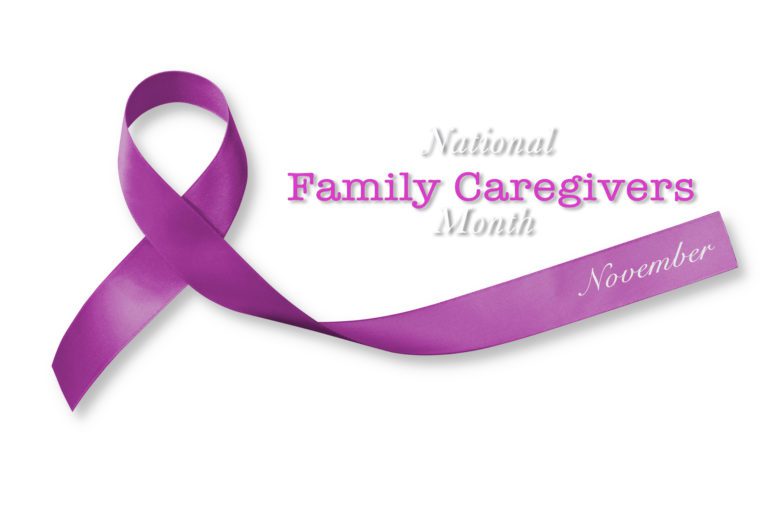In the realm of dementia care, the decision to transition a loved one into a care home is one of profound importance. At From The Heart Home Care, we recognize the emotional and challenging journey families navigate when contemplating this transition. In this comprehensive guide, we aim to provide clarity and insights into determining when it’s the right time for someone with dementia to enter a care home.
Table of Contents
- Recognizing the Signs
- Caregiver Burnout and Well-being
- Quality of Life
- Transitioning with Sensitivity
- Professional Guidance
- Conclusion
Recognizing the Signs
The Progressive Nature of Dementia
Dementia is an intricate condition that progresses differently for each individual. It’s crucial to comprehend that the severity of symptoms tends to escalate over time. At From The Heart Home Care, we emphasize the significance of closely monitoring cognitive decline, behavioral changes, and functional abilities.
Assessing Safety Concerns
Ensuring the safety of a loved one with dementia is paramount. If there’s a noticeable increase in wandering, forgetfulness leading to hazardous situations, or difficulty managing daily activities, these may be indicators that a care home setting could provide a more secure environment.
Learn More: 10 Signs death is near Dementia Patients : Death Is Near (Know This)
Caregiver Burnout and Well-being
Balancing Act of Caregiving
Family members often play a central role in providing care for individuals with dementia. However, this responsibility can take a toll on their own well-being. From The Heart Home Care acknowledges the delicate balance caregivers must strike between compassion and personal endurance.
Identifying Caregiver Burnout
When caregivers find themselves overwhelmed, fatigued, or experiencing mental and physical strain, it’s a sign that the caregiving responsibilities may be surpassing their capacity. In such instances, exploring professional care options becomes imperative.
Learn More: Explain what dementia and affects individuals and their families
Quality of Life
Social Engagement and Stimulation
Maintaining an individual’s quality of life is at the core of dementia care. As dementia progresses, the need for social engagement and cognitive stimulation becomes increasingly vital. From The Heart Home Care advocates for assessing whether a care home can offer the level of engagement necessary for enhanced well-being.
Evaluating Emotional Well-being
Depression and isolation are common challenges faced by individuals with dementia. A care home setting, equipped with specialized programs and trained staff, may contribute significantly to emotional well-being by fostering social connections and tailored activities.
Transitioning with Sensitivity
Open Communication
Approaching the topic of transitioning to a care home requires open and honest communication. Engaging in conversations early on allows individuals with dementia to express their preferences and desires, facilitating a smoother transition.
Visiting Potential Care Homes
Choosing the right care home involves thorough research and on-site visits. From The Heart Home Care recommends families assess the facilities, interact with staff, and observe the overall atmosphere to ensure it aligns with the unique needs of their loved ones.
Learn More: 7 Stages of Vascular Dementia
Professional Guidance
Seeking Expert Advice
Acknowledging the complexity of dementia care decisions, seeking advice from healthcare professionals, including geriatricians and social workers, is crucial. Their expertise can provide valuable insights, aiding families in making informed decisions regarding the timing of care home placement.
Conclusion
In navigating the intricate landscape of dementia care, the decision to transition a loved one to a care home is multifaceted. Recognizing the signs of cognitive decline, assessing safety concerns, addressing caregiver well-being, and prioritizing quality of life are pivotal considerations. At From The Heart Home Care, we strive to offer support and guidance to families during this challenging journey.







